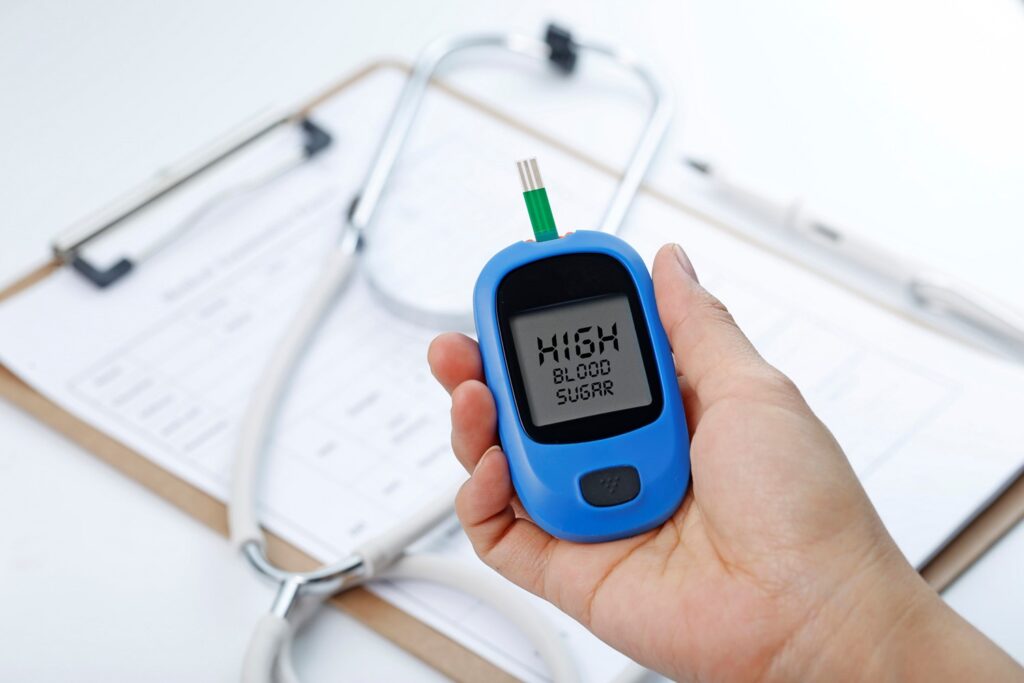Blogs

Hypothyroidism: Understanding the Basics
The thyroid is a tiny, butterfly-shaped gland which is in front of your windpipe. It produces and releases the hormones that help your body regulate and use energy. Hypothyroidism means

The Surprising Truth About Prediabetes
Prediabetes is a condition in which the blood sugar levels are higher than normal but not high enough to be diagnosed as type 2 diabetes. About 1 in 3 people

Hypertension: How to Manage and Control High Blood Pressure
High blood pressure, also known as hypertension, affects one in three adults in the United States. Hypertension is a medical condition in which the pressure of the blood in the

Managing Hypertension Through Nutrition: A Guide to a Heart-Healthy Diet
Hypertension, commonly known as high blood pressure, is a widespread health concern affecting millions of people worldwide. While medication and lifestyle modifications play a vital role in managing hypertension, adopting

Handle with Care: Understanding the Risks of Food Poisoning
Food poisoning is a medical condition that occurs when a person consumes contaminated food or water containing hazardous bacteria, viruses, parasites, or poisons. Unhygienic conditions during food preparation, storage, or

What You Need to Know About Infectious Arthritis?
Infectious arthritis or Septic arthritis is painful swelling of joints caused by bacteria. This occurs when an injury or a cut delivers bacteria directly to the joint through blood. Infectious

Gestational Diabetes Diet: Foods to Eat and Avoid
Gestational diabetes is a type of diabetes that occurs during pregnancy. It is a condition where the body is unable to produce enough insulin to control blood sugar levels, resulting

Gestational Diabetes: What to Know?
It is a type of diabetes that occurs during pregnancy. It is caused by hormonal changes that interfere with the body’s ability to use insulin. It is usually temporary, but

Endometriosis: What You Need To Know?
Uterus (womb) is lined with endometrial tissue, and the lining is called the endometrium. With each menstrual cycle, your body grows a new endometrium to prepare for a fertilized egg.

Facts You Should Know About a Miscarriage
Miscarriage or spontaneous abortion is when you lose pregnancy before 20 weeks. Nearly 80% of miscarriages happen during the first three months of pregnancy. Most miscarriages are uncontrollable and occur

